And therfore, at the kynges court, my brother, ech man for hymself, ther is noon other
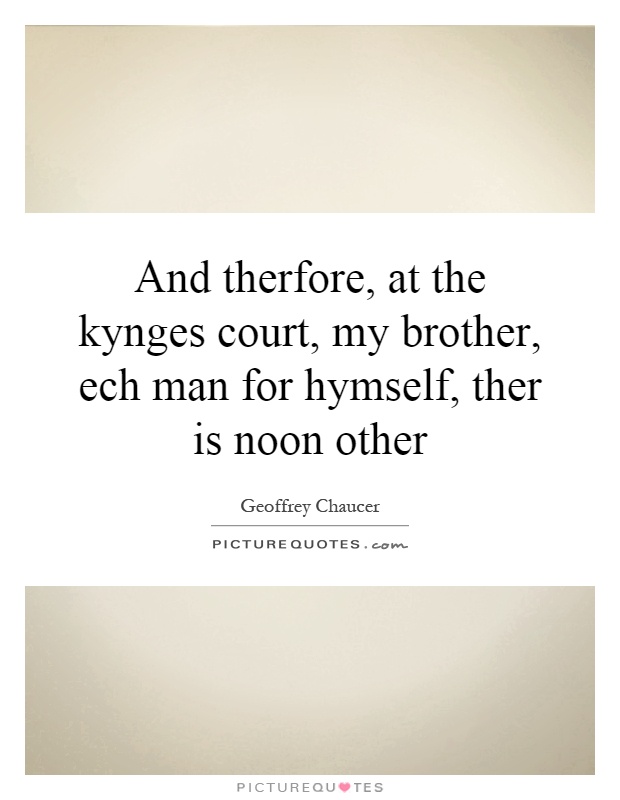
And therfore, at the kynges court, my brother, ech man for hymself, ther is noon other
In Geoffrey Chaucer's Canterbury Tales, the quote "And therfore, at the kynges court, my brother, ech man for hymself, ther is noon other" is a reflection of the social and political dynamics of the time. Chaucer, a poet and author who lived in the 14th century, was keenly aware of the power struggles and self-interest that characterized the court of King Edward III.The quote speaks to the idea that in the king's court, everyone is out for themselves. It suggests a world where loyalty and camaraderie are scarce, and where individuals must navigate a complex web of alliances and rivalries in order to survive and thrive. This sentiment is echoed throughout the Canterbury Tales, where characters often act in their own self-interest, even at the expense of others.
Chaucer himself was intimately familiar with the intrigues of the royal court. As a courtier and diplomat, he would have witnessed firsthand the backstabbing and scheming that were common among the nobility. The quote can be seen as a reflection of Chaucer's own experiences and observations of court life.
Furthermore, the quote can also be interpreted as a commentary on human nature more broadly. Chaucer was a keen observer of human behavior, and his works often explore the complexities of human relationships and motivations. The idea that "each man for himself" is a universal truth that transcends the confines of the king's court, and speaks to the inherent selfishness and self-preservation instincts that drive human behavior.
Overall, the quote "And therfore, at the kynges court, my brother, ech man for hymself, ther is noon other" encapsulates the themes of power, self-interest, and human nature that are central to Chaucer's work. It serves as a reminder of the complexities and contradictions of the human experience, both in the royal court and beyond.
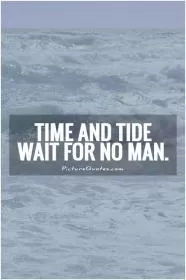
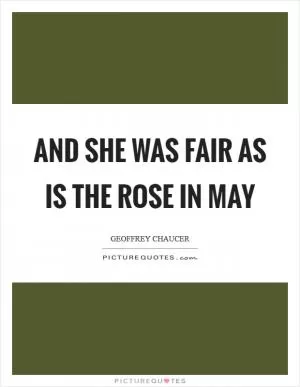
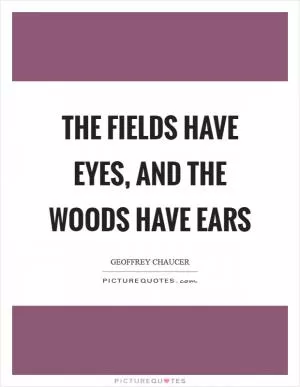
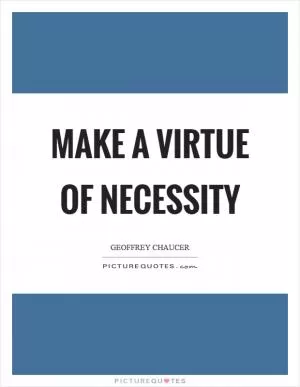


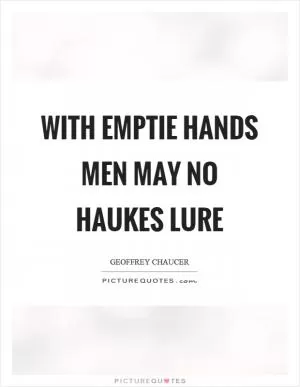
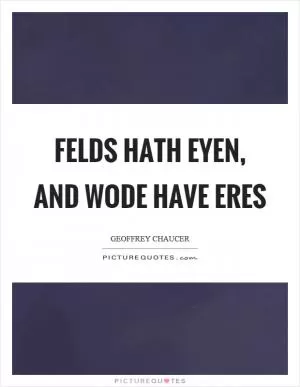
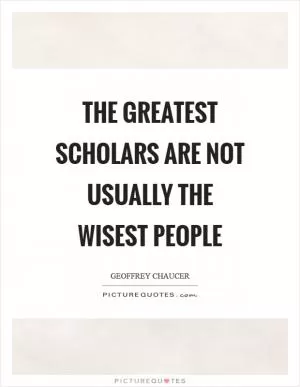

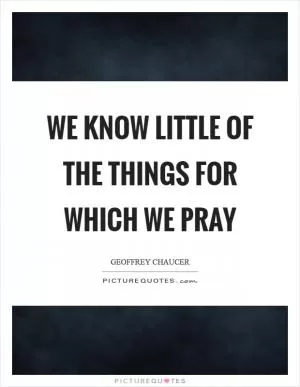
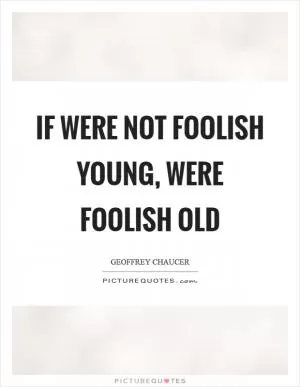
 Friendship Quotes
Friendship Quotes Love Quotes
Love Quotes Life Quotes
Life Quotes Funny Quotes
Funny Quotes Motivational Quotes
Motivational Quotes Inspirational Quotes
Inspirational Quotes